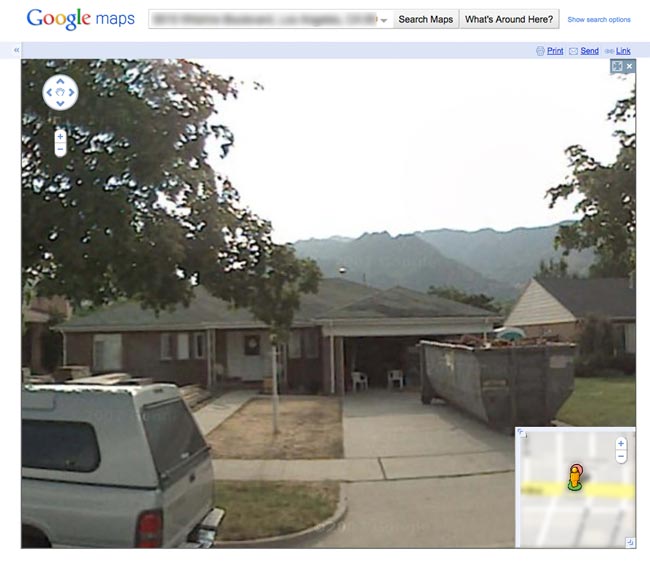
U.S. Judge Denny Chin began Thursday’s marathon Fairness Hearing in the Google Books case by ending the suspense. "I’m not going to rule today," he said. But sitting in the courtroom observing the more than four-hour long hearing, the questions Judge Chin asked left me believing that the objections to the deal raised by groups like Consumer Watchdog have made a strong impression on him.
One such exchange came late in the day when Google’s attorney Daralyn Durie used language reminiscent of the Internet giant’s "Don’t be evil" motto.
William Cavanaugh, Deputy Assistant Attorney General, had told Chin that instead of settling past infringement claims as is usual, “grafted on to that settlement is a series of forward-looking commercial transactions." We asked Justice to intervene last April. They did and are opposing the case.
As an analogy to releasing future infringement claims, Chin asked Authors Guild attorney Michael Boni if it would be against public policy to release a defendant from future claims of discrimination. Boni ducked the question saying the situations were substantially different.
Google’s Durie was next up and she thought she had the answer. It would be wrong to release future claims of discrimination, she said, because "discrimination is evil." She said the public policy goals of distribution of knowledge through copyright are not evil.
"Some would say copyright infringement is evil," Chin interjected. Durie appeared taken aback and took a moment before she replied, "Copyright infringement is evil if it is not compensated."
Another time Author’s Guild lawyer Boni repeated the phrase "we believe…" several times. "It’s not useful to tell me you believe that, I know that," said the judge. "You need to tell me why."
At another point Chin told Durie, "The settlement does seem to go beyond addressing past wrongs." And when she began a statement with the phrase, "It’s clear …," Chin interrupted, saying "Both sides say the answer is clear."
Consumer Watchdog has argued in a brief prepared by Kasowitz, Benson that the settlement should be rejected because:
— The settlement continues to abuse the class action process and is not fair reasonable or adequate.
— The amended settlement continues to give Google an unlawful and anti-competitive monopoly.
— The proposed settlement is an unconstitutional attempt to revise the rights and remedies of U.S. Copyright law.
— The proposed settlement continues to conflict with international law.
— The amended settlement does not do enough to protect reader privacy.
— The public deserves a ruling on the question of fair use.
"Voluminous materials have been submitted, some even quote from each other," said Chin when explaining why he wouldn’t be ruling from the bench. "There is just too much to digest. And however I come out, I want to write an opinion that explains my reasoning.”
At the beginning of the hearing Chin pledged to "have an open mind." At the end of the day he gave no indication of a timetable for reaching a decision. And while you can never be sure of a ruling until it’s issued, from what I saw, chances that the settlement as submitted will be approved are slim. That’s good news for consumers and people who want to see a fair, open and accessible market for digital books, rather than a digital library controlled by one Internet giant.
